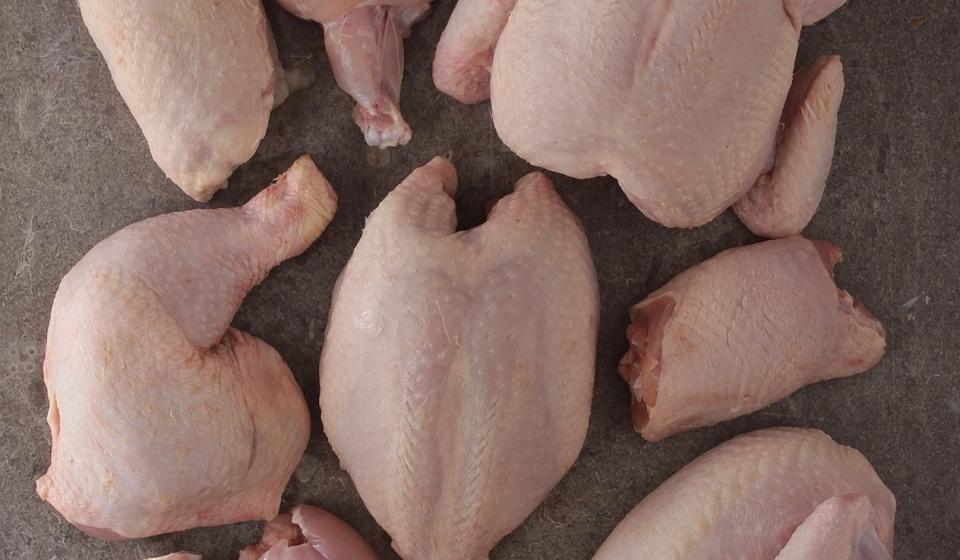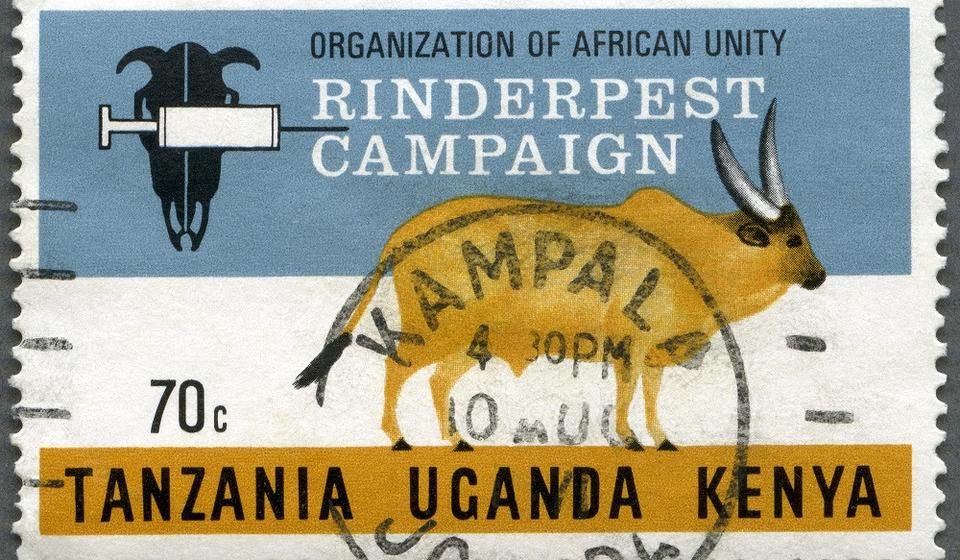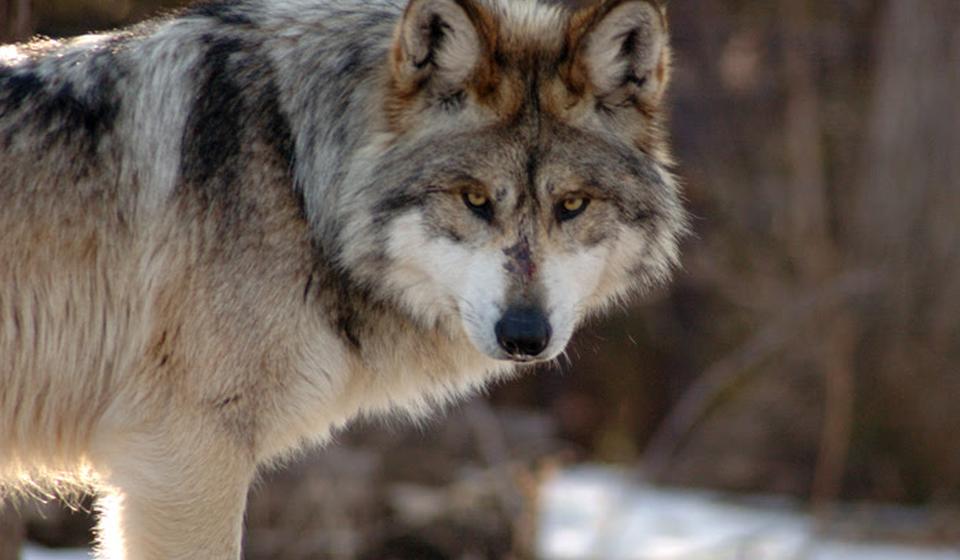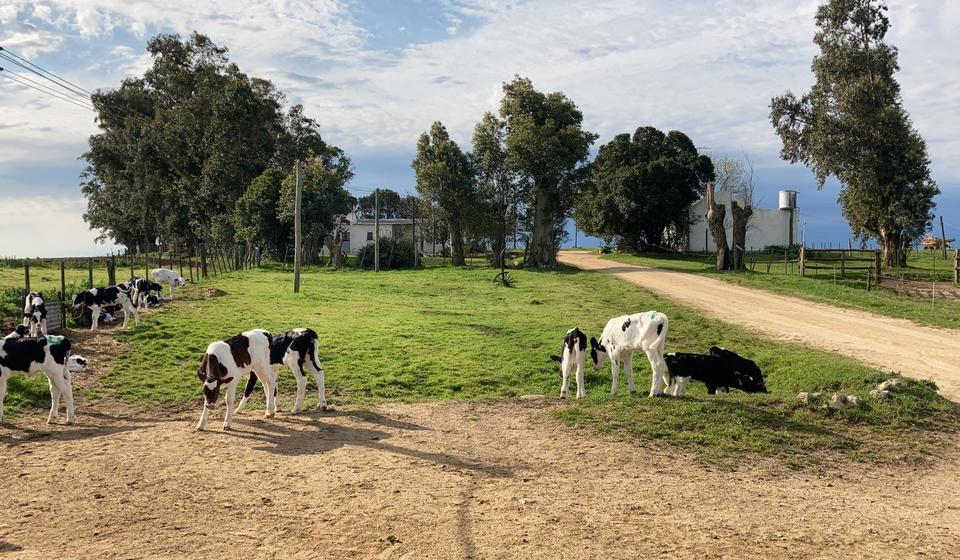Tag:
Research
The United Nations (UN) highlights In a recent news release that food insecurity is soaring across 20 countries and regions.
Although there is widespread agreement that antimicrobial resistance (AMR) poses a global threat to human health, it has been very difficult to estimate the magnitude and geographic distribution of the global attributable morbidity and mortality to antimicrobial-resistant bacterial infections.
In April 2020, as processing facilities in Minnesota (MN) shut down due to COVID-19 outbreaks, producers struggled to find outlets for their animals ready for slaughter. The MN Pork Board estimates 450,000 hogs were euthanized in Minnesota and Iowa.
The Minnesota Department of Agriculture (MDA), and 11 partners, recently received $500,000 to advance it’s “Bend, Don’t Break” initiative. The funding, awarded by the U.S. Department of Agriculture’s National Institute of Food and Agriculture (NIFA), will support efforts targeted toward rural Minnesotan communities to address mental health challenges.
According to the Minnesota Department of Health (MDH) and the Centers for Disease Control and Prevention (CDC), Minnesota is involved in two concurrent active multi-state foodborne Salmonella outbreaks.
A Sumatran/Bengal tiger from the Pine County wildlife sanctuary tested positive for COVID-19 this past week. The U.S. Department of Agriculture's National Veterinary Services Laboratories confirmed Sabrina, a 21 years old tiger, as the second COVID-19 confirmed case (captive or domestic animal) in the state of Minnesota.
Minnesotans who are not in the designated high-priority groups, including those 65 and older, may start to receive Covid-19 vaccines soon. This is due to the existence of some remnants from Health Care Providers in the State.
Vaccination is one of the most successful and cost-effective health interventions ever developed. As all eyes turn to the recently announced COVID-19 vaccines, in this Weekly Topic we will dive into another side of vaccine development—veterinary vaccines.
On November 12, federal wildlife officials removed the gray wolf from the endangered species act protection, after it had been recognized as an endangered species since 1974. Once not in the act, the wolves can be hunted for recreational purposes.
Bovine tuberculosis (bTB) is one of the most widespread zoonotic bacterial infections affecting cattle around the globe, and in Uruguay the disease has become more widespread in the past two decades.









